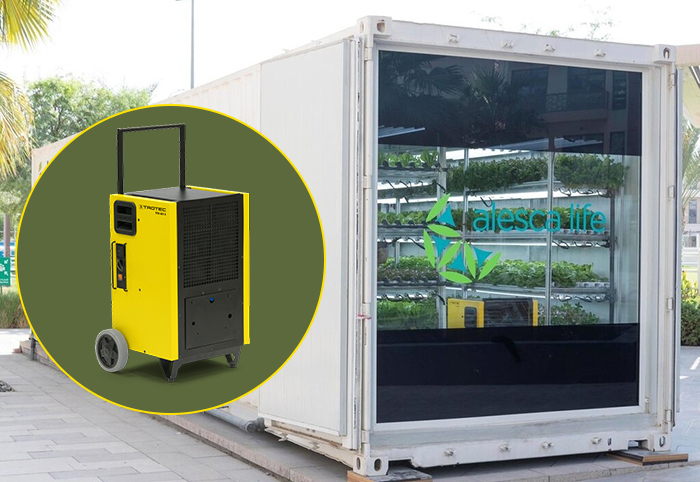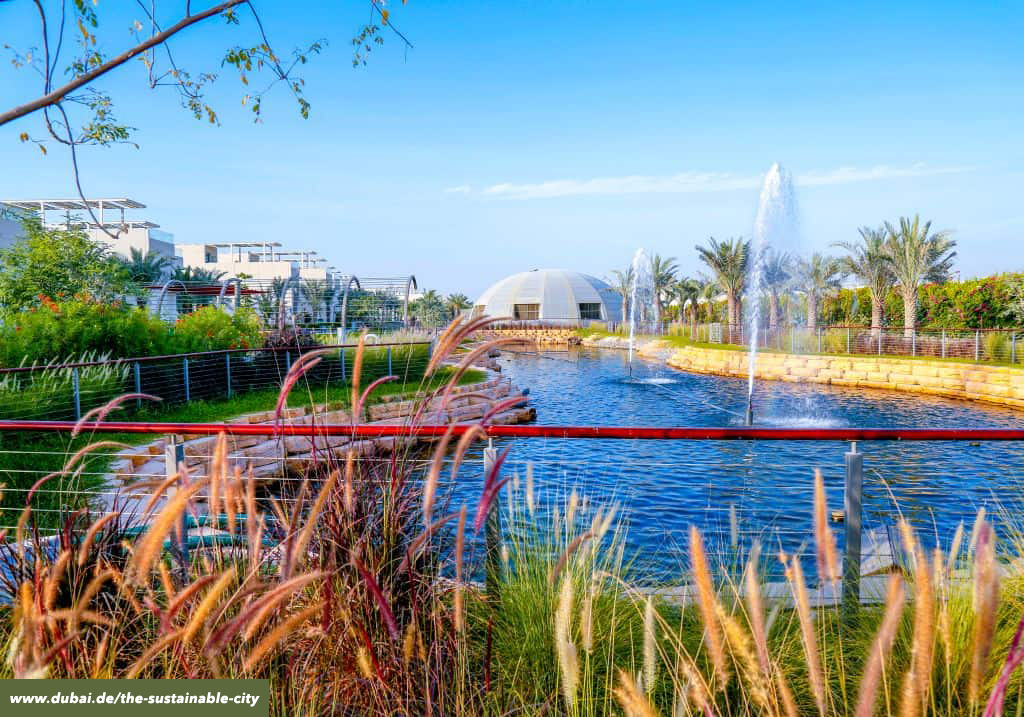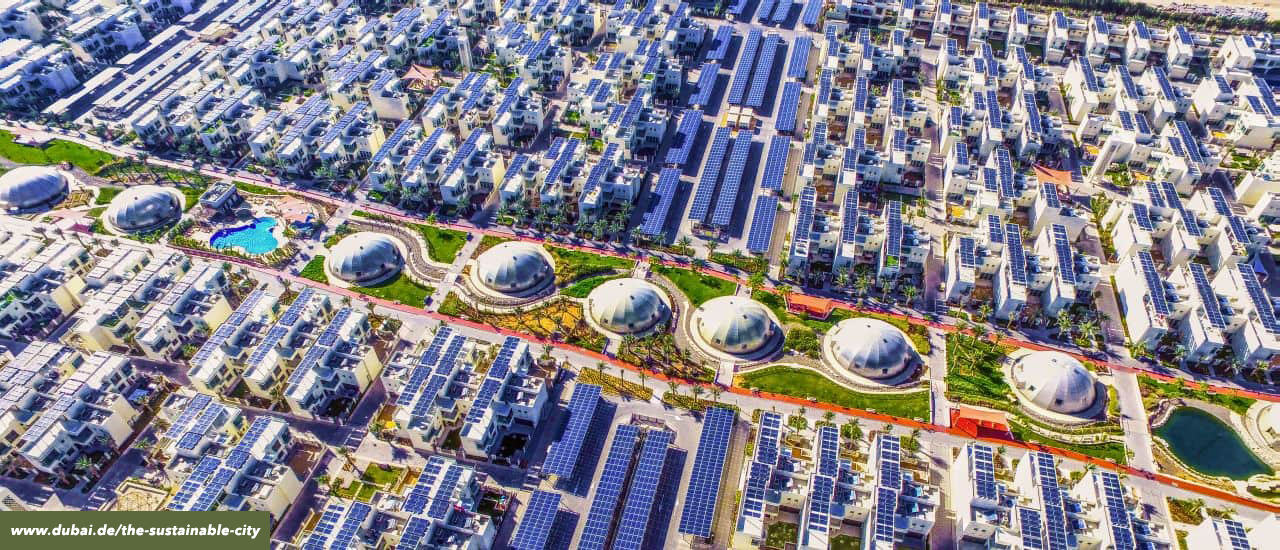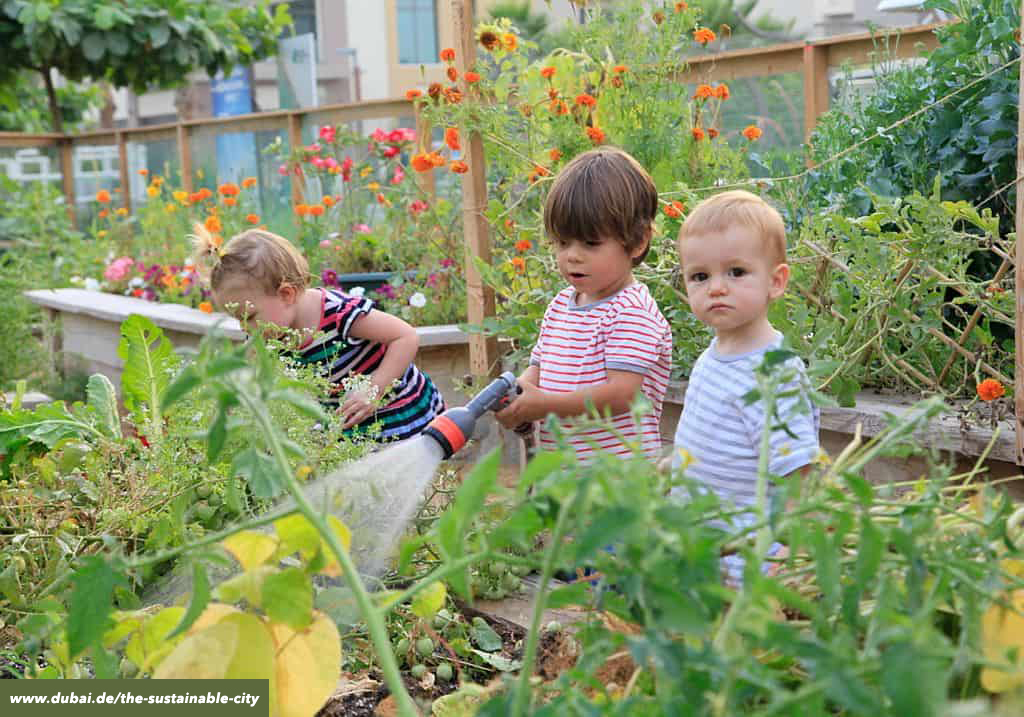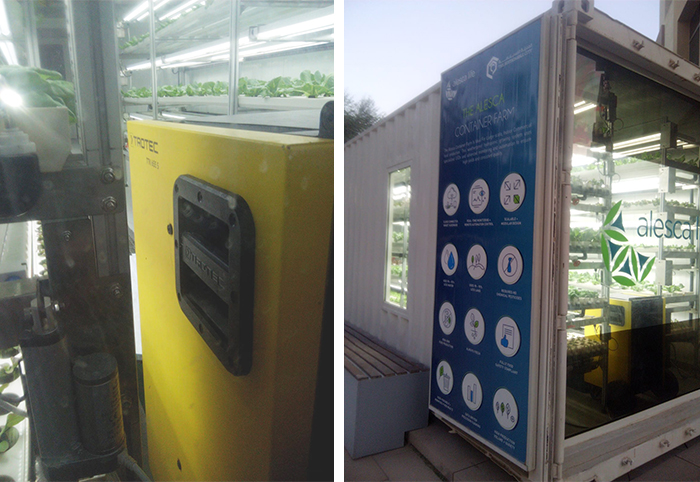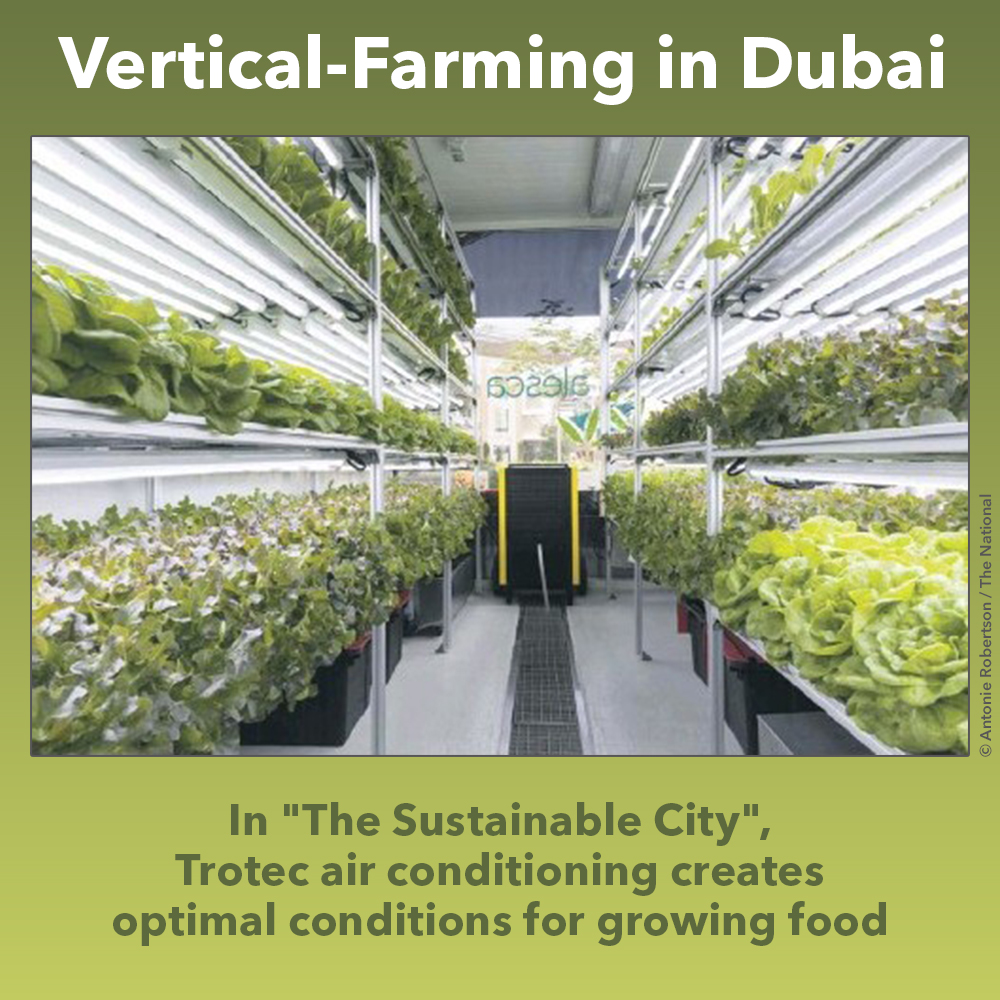 Agricultural experts are certain that population growth will lead to conflicts over food, land and water if we do not manage to put a stop to land degradation. According to a forecast from the United Nations, nearly 10 billion people will inhabit the earth in 2050 – three quarters in urban areas. As a result, urban centres continue to expand, devouring valuable farmland. To make matters worse, large parts of the world’s arable land for food are already contaminated with organic and inorganic pollutants, and are being lost to agriculture – or cannot be used for agriculture due to unfavourable climatic conditions. Take China, for example: Around one fifth of the cultivated areas here is contaminated with toxins. In recent years, this has led to the country having to import soy beans from other countries for billions of dollars in order to feed its own population.
Agricultural experts are certain that population growth will lead to conflicts over food, land and water if we do not manage to put a stop to land degradation. According to a forecast from the United Nations, nearly 10 billion people will inhabit the earth in 2050 – three quarters in urban areas. As a result, urban centres continue to expand, devouring valuable farmland. To make matters worse, large parts of the world’s arable land for food are already contaminated with organic and inorganic pollutants, and are being lost to agriculture – or cannot be used for agriculture due to unfavourable climatic conditions. Take China, for example: Around one fifth of the cultivated areas here is contaminated with toxins. In recent years, this has led to the country having to import soy beans from other countries for billions of dollars in order to feed its own population.
Vertical Farming – Agriculture of the Future
So-called vertical farming in indoor farms is becoming increasingly popular as a way of growing healthy and fresh food in empty factories, warehouses or converted shipping containers – instead of importing it into the country over long distances. Such indoor farms are being built around the world, one of them in ‘’The Sustainable City’’, a relatively new district in Dubai. Dubai is known for its bombastic shopping malls, amusement parks and gigantic skyscrapers. What is less known, is that Dubai is also a pioneer in terms of sustainability.
The Sustainable City – the happiest city in Dubai
The eco-construction project is located about 25 kilometres from Downtown Dubai and covers an area or five million square metres. Around 2,700 people live in the residential areas of The Sustainable City. The ‘’sustainable city’’ attaches great importance to a healthy and sustainable life, free of pollutants, noise or even cars. A healthy life naturally also includes a balanced and healthy diet, which plays an important role in the community. Numerous greenhouses, temperature-controlled bio-domes but also shipping containers converted into indoor farms characterise the image of the district. These indoor growing areas are primarily used for agricultural purposes to grow fruit, vegetables and herbs for the community.
Trotec technology ensures high crop yield in Dubai’s Garden of Eden
One of the indoor cultivation systems was developed by the company Alesca Life Technologies. The Beijing-based company converts shipping containers into vertical gardens in which fruit, vegetables, mustard and other seeds grow under controlled conditions. For this purpose, Alesca relies on suitably dimensioned climate control solutions from Trotec to ensure optimum climate conditions (humidity and temperature) in their indoor farms with smart technology for dehumidification, ventilation and temperature control.
„The profile of the farmer is changing dramatically … today’s farming tool are smartphones, not ploughs“, said Stuart Oda, founder of Alesca Life, to the national newspaper. He also added: „Where traditional farmers depend on nature and seasons, urban farms can control nature“. In this regard, the landscape of the United Arab Emirates has proven to be the perfect host for bottomless food production. Since only a small part of the land is considered arable, more than 80 per cent of the food is imported, according to the Department of Trade and Industry. For now, vertical farming has the potential to revolutionise the world’s food supply in a sustainable way.
Indoor farms set up by Alesca Life Technologies in Dubai require 90 to 95 percent less water, fertiliser and land than traditional farming methods. The use of chemical pesticides is avoided completely. In the long term, the elimination of long-distance transport for importing and exporting important food will also significantly improve the carbon footprint, says Oda confidently.
Controlled humidity levels in all flowering phases
Plants grown in indoor greenhouses go through different phases during initiation, formation and ripening, each with different humidity requirements. It is therefore essential in indoor farming to permanently control humidity and to adjust it to the various stages of the growth phase. Innovative climate sensors such as the DL200 data logger continuously monitor the climate in indoor farms. Mobile TTK 655 S dehumidifiers from Trotec guarantee controlled humidity in all phases of indoor cultivation. In addition, climate conditions in indoor cultivation areas are optimised by axial fans such as those from the TTV series, which, with their high air output, ensure air circulation that promotes growth.
Available from Trotec: Dehumidifiers for indoor growing – in all sizes and performance classes
Whether it’s a grow box with a small footprint, a converted container or large-scale indoor farms in halls – the extremely flexible commercial dehumidifiers from the TTK series guarantee high dehumidification with dehumidification capacities of 20 – 150 litres per day and a scalable air output of 250 – 1,000 m³ per hour for almost all room sizes. The dehumidifiers do not score points with unnecessary ‘’frills’’ or ‘’knick-knacks’’, which in practice only complicate maintenance and cleaning, and drive up costs, but with a focus on the essentials. Durability, robustness, reliability, high dehumidification performance and stable value; these characteristics define the coordinate system of the TTK professional series, for outstanding dehumidification performance in vertical farming environments.
A TTK 655 S, for example, condenses up to 150 litres of water per day, the equivalent of around 6 litres per hour, from the air in the shipping containers from Alesca Life Technologies that have been converted into vertical gardens. Excess moisture is conveniently and easily removed using a powerful condensate pump with a pumping capacity of up to 50 m as well as a maximum delivery height of 4m. Optimal conditions for vertical farming applications on different levels up to multi-storey farms.
The range of mobile dehumidifiers is rounded off by the equally powerful and attractively priced commercial dehumidifiers of the TTK S and TTK-ECO series. The perfect initial equipment for an optimal start in indoor farming with sufficient performance capacity for continuous growth.
At the same time, the extremely maintenance-friendly drying units take up comparatively little space in the room, they are extremely mobile, manoeuvrable and, if required, can be stacked for space-saving storage or transport to the place of use.
Included with all commercial dehumidifiers of the TTK series:
- Mobile, manoeuvrable, space-saving and optimal handling
- Maximum dust and moisture protection for all electrical components
- Scalable dehumidification capacity for all room sizes
- Robust sheet steel housing with high-quality coating
- Comparatively low investment costs
Optimal climate conditions and humidity levels are indispensable for indoor plant cultivation. Reliable dehumidification solutions are required to ensure maximum yields while maintaining high crop quality and avoiding expensive crop failures. With the mobile and stationary dehumidification systems from Trotec, indoor growers rely on proven solutions with high economic efficiency.
The mobile dehumidifiers from the TTK series, the DL200 data loggers as well as the axial fans of the TTV series can be conveniently ordered in the Trotec online shop Trotec-Online-Shop, in the stationary Trotec store in Heinsberg or by phone from the Trotec expert team for air conditioning.
Our climate experts will be happy to advise you personally on the Vertical Farming & Indoor Growing solutions from Trotec:
+49 2452 962-400

